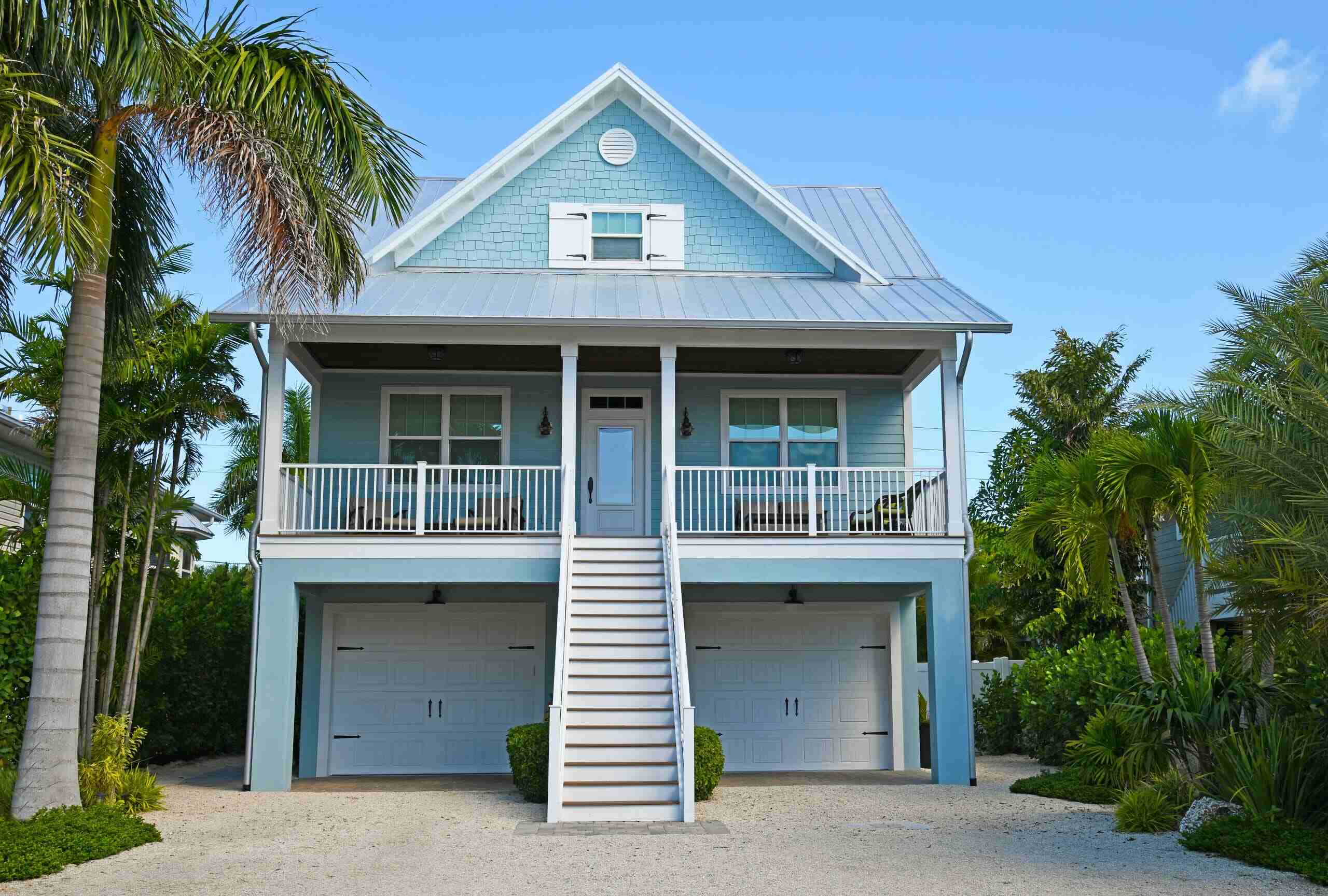

Articles
Why Do Houses In Florida Not Have Gutters
Modified: May 6, 2024
Discover the reasons why houses in Florida often don't have gutters in this informative article. Find out how this unique architectural feature is adapted to the region's climate and landscape.
(Many of the links in this article redirect to a specific reviewed product. Your purchase of these products through affiliate links helps to generate commission for Storables.com, at no extra cost. Learn more)
Introduction:
When it comes to houses in Florida, you may have noticed a peculiar feature missing from most of them: gutters. Unlike houses in many other parts of the country, where gutters are a common sight, the majority of homes in Florida do not have this essential component. This raises the question: why do houses in Florida not have gutters?
To answer this question, we need to understand the unique climate of Florida and the importance of gutters in managing rainwater. In this article, we will explore the reasons behind the absence of gutters in Florida homes and discover the alternative rainwater drainage systems that are commonly used in this region.
Before diving into the specifics, let’s take a closer look at the climate in Florida and why it plays a significant role in the way houses are designed and built.
Key Takeaways:
- Florida’s unique climate and alternative rainwater drainage systems have made the absence of gutters a practical and beneficial choice for homeowners, leading to reduced maintenance, cost savings, and sustainable water management.
- The decision to not have gutters in Florida is a reflection of the state’s innovative approach to rainwater management, showcasing the effectiveness of natural grading, permeable surfaces, and alternative drainage systems in protecting homes from water damage.
Read more: Why Does A House Need Gutters
Climate in Florida:
Florida, often referred to as the Sunshine State, is known for its warm and humid subtropical climate. With its ample sunshine and high levels of precipitation, it experiences heavy rainfall throughout the year, especially during the summer months due to its proximity to the equator and the warm waters of the Gulf of Mexico and the Atlantic Ocean.
The state is also prone to tropical storms and hurricanes, which bring intense rainfall and strong winds. These weather patterns have a significant impact on the way houses are constructed and the drainage systems used in Florida.
With such a high amount of rainfall, it becomes crucial to effectively manage and redirect water away from the house’s foundation to prevent any potential damage. Gutters are commonly used in other regions to collect rainwater runoff and channel it away from the house. However, in the case of Florida, you will find that gutters are not a common feature on most residential buildings. So, why is that?
Importance of Gutters:
Gutters play a crucial role in managing rainwater and protecting the foundation of a house. Here are some key reasons why gutters are important in areas with heavy rainfall:
- Preventing water damage: Gutters collect rainwater runoff from the roof and direct it away from the house. This helps prevent water from seeping into the foundation, which can cause damage over time. Without gutters, rainwater can accumulate near the foundation, leading to basement flooding, soil erosion, and structural issues.
- Protecting the exterior: Gutters also help protect the exterior of the house by preventing water from dripping down the walls. This reduces the risk of moisture-related issues, such as rotting wood, peeling paint, and mold growth.
- Preserving landscaping: Properly functioning gutters channel water away from the house, preventing excessive water from pooling near landscaping features. This helps maintain the health and integrity of plants, flowers, and trees surrounding the property.
- Preventing basement leaks: In areas with high water tables, gutters play a crucial role in preventing basement leaks. By directing rainwater away from the foundation, gutters help reduce hydrostatic pressure, keeping basements dry and free from water damage.
Gutters are undoubtedly important in managing rainwater and protecting the house from potential damage. However, you will find that many houses in Florida do not have gutters installed. So, what is the reason behind this absence of gutters in the Sunshine State?
Rainwater Management in Florida:
Although gutters are commonly used in many parts of the country to manage rainwater runoff, the absence of gutters on houses in Florida is not as unusual as it may seem. However, this does not mean that rainwater management is neglected in the Sunshine State. In fact, Florida has its own unique methods of dealing with heavy rainfall:
- Natural drainage systems: Given Florida’s flat terrain and high water table, the state relies heavily on natural drainage systems. The land is strategically sloped to allow rainwater to flow away from residential areas and into retention ponds, lakes, canals, or nearby bodies of water.
- Proper grading and landscaping: The landscaping and grading of properties in Florida are carefully designed to promote effective rainwater drainage. The land is graded to create gentle slopes that direct water away from the house, preventing water from pooling near the foundation. Additionally, well-planned landscaping features, such as swales and berms, help to naturally channel rainwater away from the house.
- Permeable surfaces: Another method of rainwater management in Florida is the use of permeable surfaces. By opting for permeable paving materials, such as porous concrete or gravel, rainwater can easily percolate into the ground rather than pooling on the surface. This helps to reduce runoff and prevent water accumulation.
- Stormwater management systems: In urban areas and commercial properties, stormwater management systems are implemented to handle rainwater runoff. These systems include retention ponds, bioswales, and stormwater collection systems that collect and treat rainwater before it is released into the natural waterways.
In addition to these measures, building codes and regulations in Florida also require proper grading, foundation drainage systems, and water-resistant materials to protect homes from water damage.
These alternative rainwater management strategies are effective in the Florida climate and have proven to be sufficient in preventing water-related issues commonly faced in other regions. Therefore, the absence of gutters in Florida homes can be attributed to the state’s unique approach to rainwater management.
In Florida, houses often don’t have gutters because the sandy soil allows for better drainage, and the frequent heavy rains can overwhelm gutters. However, it’s still important to ensure proper grading and landscaping to direct water away from the foundation.
Reasons for the Absence of Gutters in Florida:
The absence of gutters on houses in Florida may seem puzzling, especially considering the importance of rainwater management. However, several reasons contribute to the lack of gutters in Florida homes:
- Heavy rainfall: Florida experiences high levels of rainfall throughout the year, with tropical storms and hurricanes bringing intense downpours. The sheer volume of rainwater can overwhelm gutters, leading to clogging and potential damage. As a result, some homeowners choose to forgo gutters altogether in favor of alternative rainwater drainage methods.
- Flat terrain and high water table: Florida’s geography is characterized by flat terrain and a high water table. These factors make it challenging to create proper gradient for gutters to effectively drain rainwater. Instead, the land is graded and landscaped to naturally divert water away from the house without the need for gutters.
- Cost considerations: Gutters require installation, maintenance, and periodic cleaning to function properly. In a state that experiences frequent tropical storms and hurricanes, the risk of gutter damage increases, leading to additional repair and replacement costs. Some homeowners may choose to avoid this ongoing expense by opting not to install gutters.
- Alternative drainage systems: As discussed earlier, Florida utilizes alternative rainwater drainage systems, such as natural grading, permeable surfaces, and stormwater management systems. These methods have been proven effective in managing rainwater without the need for traditional gutters.
- Architectural design: The architectural style of houses in Florida also plays a role in the absence of gutters. Many Florida homes are designed with large overhangs, covered patios, and ample landscaping, which naturally channel rainwater away from the house. These design elements serve as functional alternatives to gutters.
Given these reasons, the absence of gutters in Florida is not a detriment to rainwater management. Rather, it is a result of the unique climate, geography, and alternative drainage solutions that are well-suited to the region’s specific needs.
Read more: Why Do Woodpeckers Peck On Gutters
Alternative Rainwater Drainage Systems in Florida:
In the absence of traditional gutters, Florida homeowners have adopted alternative rainwater drainage systems that effectively manage rainfall. Here are some commonly used methods in the Sunshine State:
- Natural grading and landscaping: Proper grading and landscaping techniques are crucial in Florida to redirect rainwater away from the house. The land is sloped at strategic angles, ensuring that water flows away from the foundation and into designated drainage areas. Landscaping features, such as swales, berms, and French drains, help to further channel water away from the house, preventing any potential water damage.
- Permeable surfaces: Due to Florida’s high water table, permeable surfaces have gained popularity as an effective means of managing rainwater. Porous paving materials, such as porous concrete or gravel, allow rainwater to infiltrate into the ground rather than pooling on the surface. Not only does this alleviate runoff, but it also helps replenish groundwater resources.
- Retention ponds and lakes: Many residential communities in Florida incorporate retention ponds or lakes as part of their rainwater management strategy. These bodies of water serve as collection points for rainwater runoff, allowing it to naturally evaporate or percolate into the ground over time. Retention ponds and lakes also enhance the aesthetic appeal of the community and provide valuable habitats for wildlife.
- Stormwater management systems: In urban areas and commercial properties, stormwater management systems are implemented to handle large volumes of rainwater. These systems include bioswales, rain gardens, and underground detention systems that collect and treat rainwater before gradually releasing it into the natural waterways. These systems help to reduce the strain on the municipal drainage infrastructure and protect water quality.
Florida’s alternative rainwater drainage systems are designed to accommodate the unique climate, geography, and water table of the state. While gutters may not be prevalent, these alternative systems are effective in mitigating the risks of water damage and ensuring proper rainwater management.
Benefits of Not Having Gutters in Florida:
While gutters are commonly used in many parts of the country, the absence of gutters in Florida homes does come with its own set of benefits. Here are some advantages of not having gutters in the Sunshine State:
- Low maintenance: Gutters require regular cleaning to remove debris and prevent clogging. Without gutters, homeowners in Florida can save time and effort on gutter maintenance, allowing them to focus on other aspects of home upkeep.
- Cost savings: The installation, repair, and upkeep of gutters can be expensive over time. By not having gutters, Florida homeowners can save on these costs, especially considering the potential damage that tropical storms and hurricanes can cause to gutters.
- Natural drainage: Florida’s natural grading and landscaping techniques, combined with permeable surfaces, promote the natural drainage of rainwater. This allows water to flow away from the house naturally, reducing the risk of water accumulation near the foundation.
- Aesthetics: The absence of gutters can enhance the aesthetic appeal of the house and the overall landscape. Without gutters, the architectural features of the home, such as large overhangs and covered patio areas, can be showcased, creating a more visually appealing exterior.
- Sustainable water management: Florida’s alternative rainwater drainage systems, which do not heavily rely on gutters, promote sustainable water management. Permeable surfaces and the use of retention ponds and lakes help replenish groundwater resources and reduce strain on municipal drainage systems.
It’s important to note that the decision to have or not have gutters in Florida ultimately depends on various factors, including the specific location, architectural design of the house, and personal preferences. While gutters are commonly used in many regions, Florida’s unique climate and alternative rainwater drainage methods have made the absence of gutters a viable and beneficial option.
Conclusion:
The absence of gutters in Florida homes may seem unusual to those accustomed to seeing them in other parts of the country. However, the unique climate, geography, and alternative rainwater drainage systems in the Sunshine State make the lack of gutters a practical choice.
With heavy rainfall, flat terrain, and a high water table, Florida has developed its own methods of rainwater management. Natural grading, permeable surfaces, retention ponds, and stormwater management systems effectively divert rainwater away from the house and prevent water damage without the need for traditional gutters.
This absence of gutters brings several benefits to homeowners in Florida, including reduced maintenance and cost savings, as well as the preservation of natural aesthetics. The state’s alternative drainage systems promote sustainable water management and minimize the risk of water accumulation near the foundation.
While gutters continue to serve an essential purpose in many regions, Florida’s unique climate and rainwater management strategies have shown that effective drainage can be achieved without them. The decision to have gutters or not ultimately depends on the specific circumstances and preferences of individual homeowners.
In conclusion, the absence of gutters in Florida is not a drawback but rather a reflection of the state’s innovative approach to rainwater management. Through natural grading, alternative drainage systems, and a focus on sustainability, Florida homeowners can effectively manage rainwater and protect their homes without the need for traditional gutters.
Curious about keeping your dwelling in tip-top shape? Our next piece guides you through routine upkeep tasks every homeowner should tackle. From checking seals around windows to maintaining HVAC systems, you'll learn to prevent common issues before they escalate. Don't miss out on these practical insights that could save you time and money.
Frequently Asked Questions about Why Do Houses In Florida Not Have Gutters
Was this page helpful?
At Storables.com, we guarantee accurate and reliable information. Our content, validated by Expert Board Contributors, is crafted following stringent Editorial Policies. We're committed to providing you with well-researched, expert-backed insights for all your informational needs.
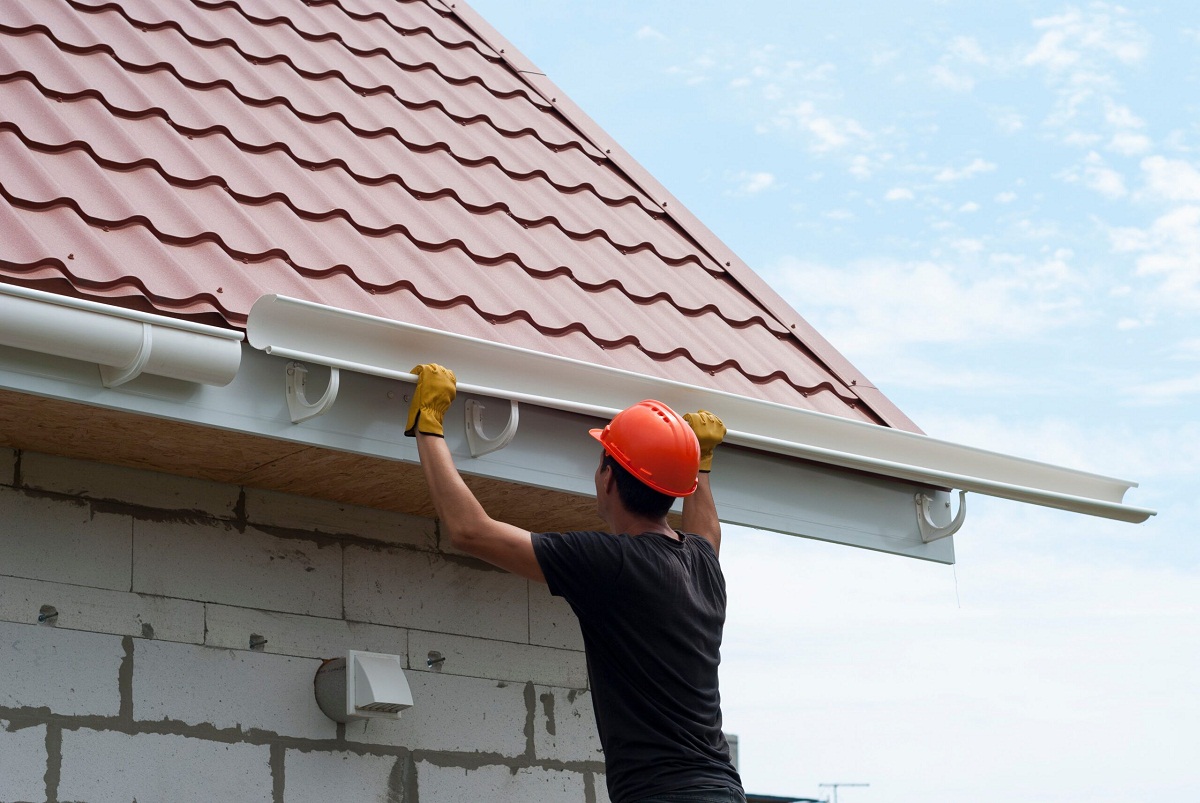


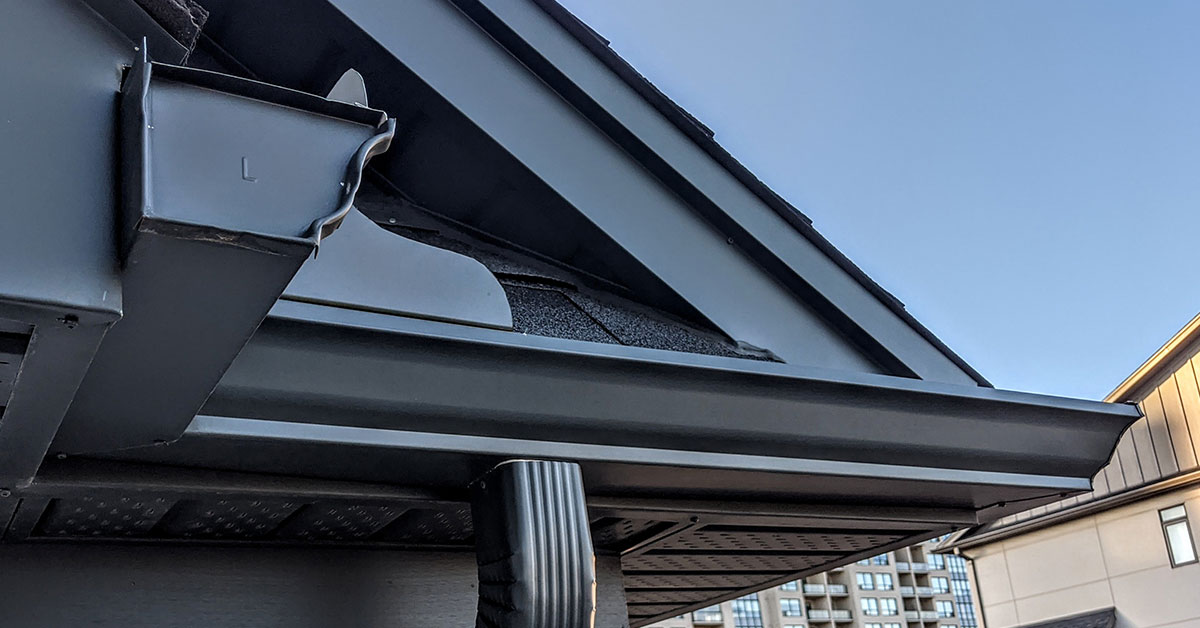
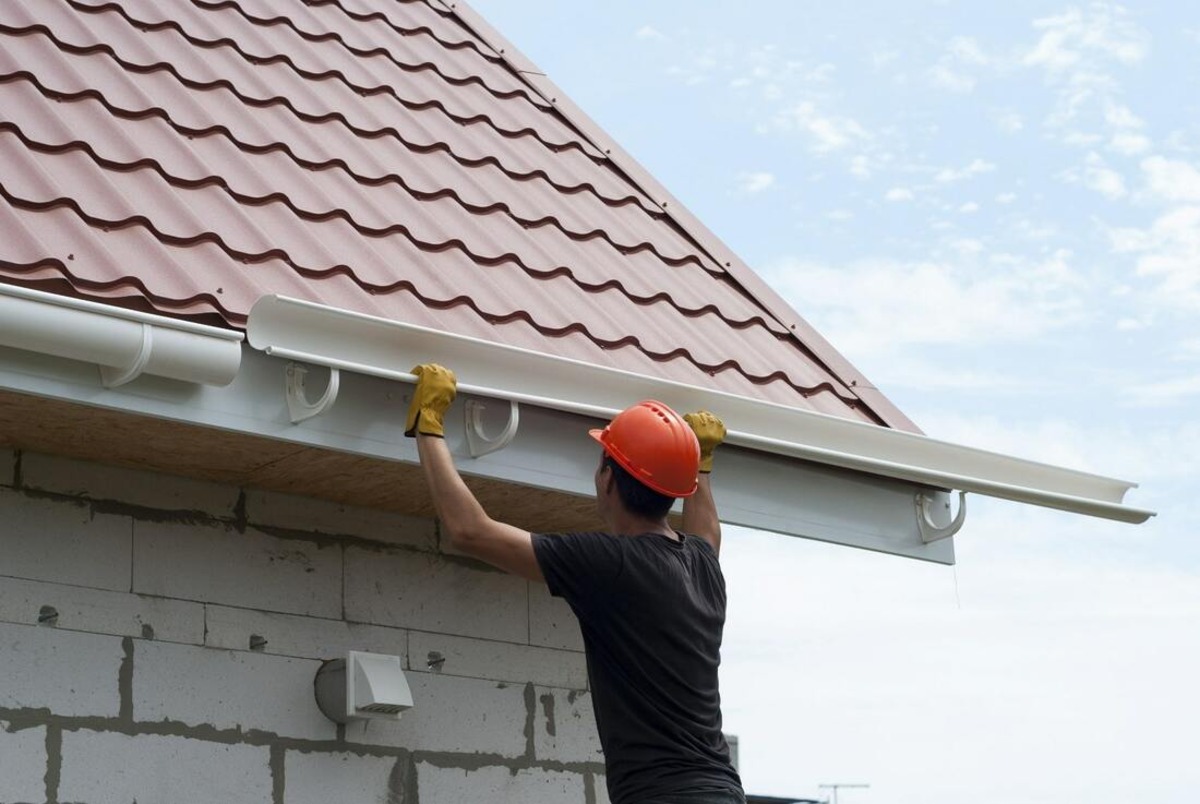




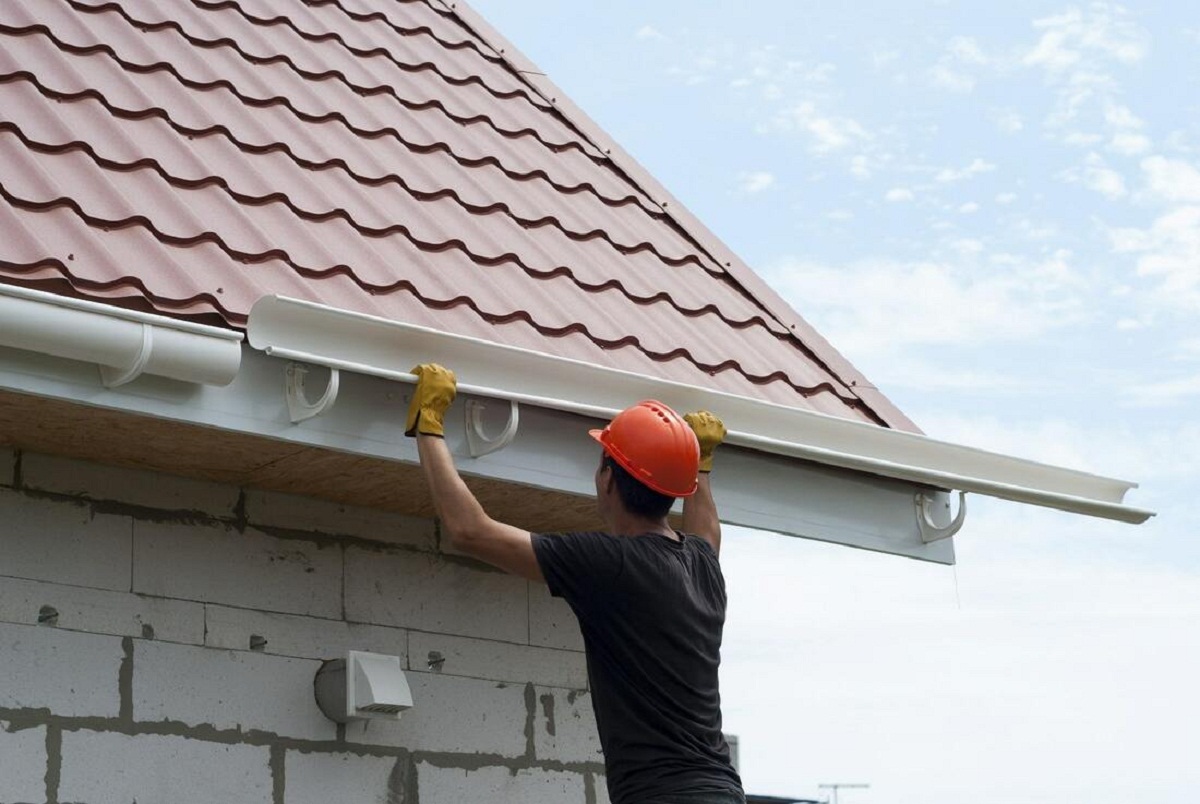



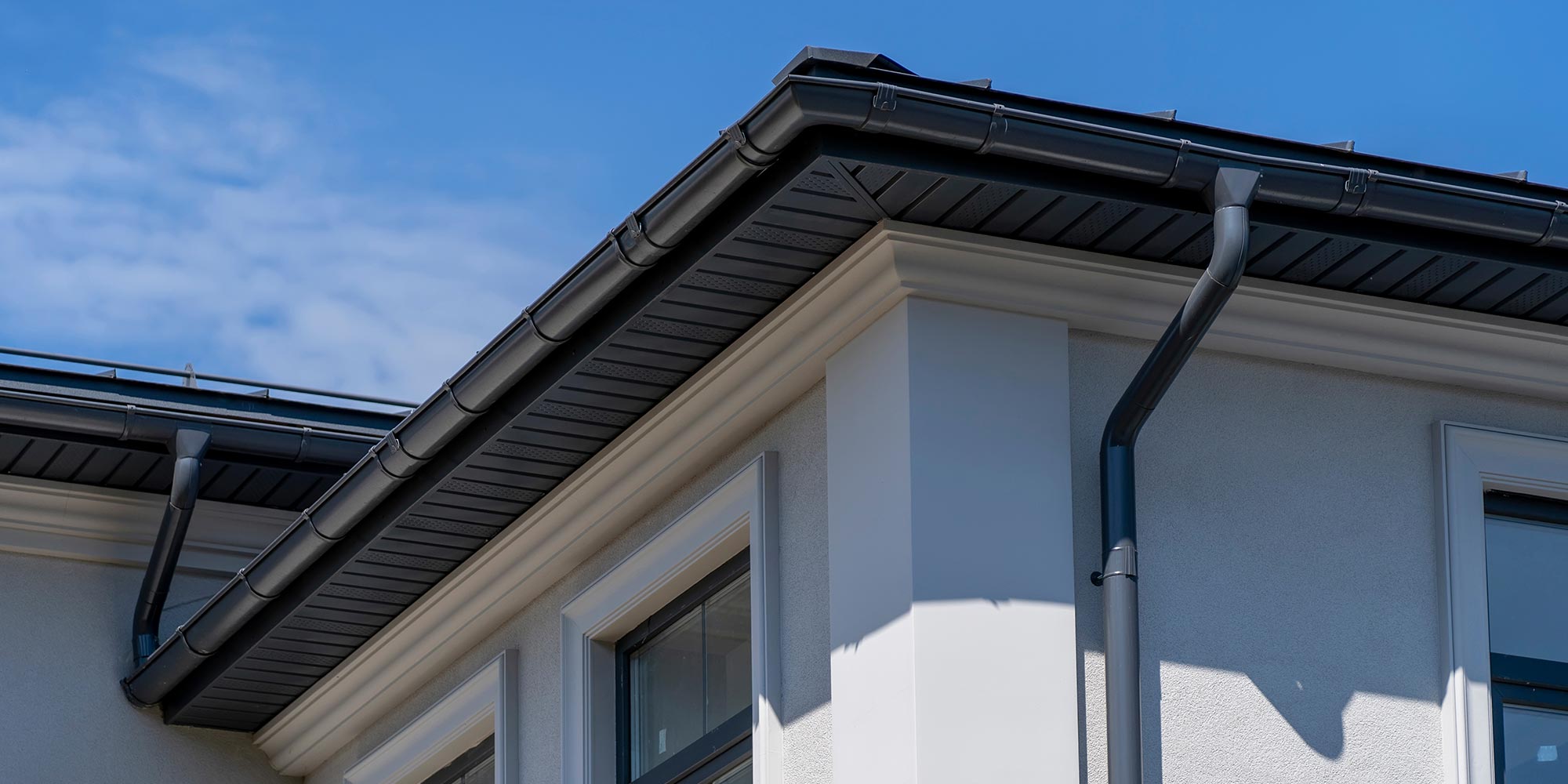

0 thoughts on “Why Do Houses In Florida Not Have Gutters”